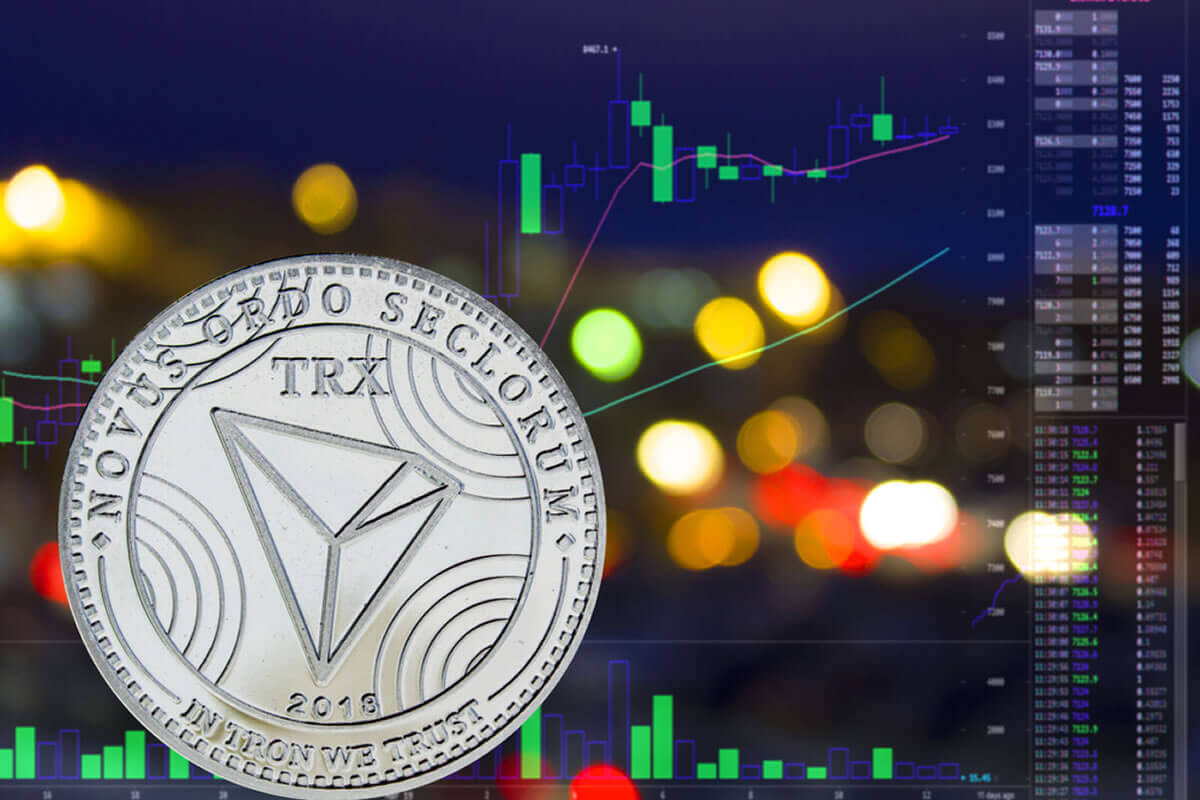This weekend, Binance founder Changpeng Zhao praised Tron on Twitter for taking a crypto-backed model to the layered data sharing software. It purchased BitTorrent last year.
Zhao has topped the most influential list of CoinDesk in 2018. He tweeted saying, the grandfather of Dapp has eventually gone it decentralized currency and business structure. He said it should be an interesting case study.
Tweet by Zhou attracted many retweets, comments, and likes. Numerous responders appeared to conclude that Tron would make BitTorrent a paid platform. Instead, it’s giving users a choice to expense some crypto in the form of the new BitTorrent Token (BTT) to enhance the user experience.
The BTT white paper assures broad probabilities of outcomes, as per CoinDesk did a survey.
By launching a tool for value storage and exchange, we mean to extend the universe of possible participating members widely. They can either be service requesters, service providers, or both.
Concerning whether BitTorrent would move to a paid business model, the white paper pays attention to this explicitly: “Cooperation in the BTT transactions is required to be open and optional for end-users.”
The critics of this decision mostly argue that BitTorrent was nothing but a decentralized exchange for pirated data. However, the BTT white paper discusses that the protocol could come up with more uses with a token.
Optimization of the current BitTorrent protocol is an initial step in the launching of a crypto token but it hardly near to what is quickly becoming possible.
The backing behind BTT, (Tron, and the BitTorrent Foundation), have three original business lines in their minds that have the potential to be decentralized through BitTorrent. These three business lines are content delivery, data storage, and privacy-protecting proxy facilities.
Advertisement
While the list of business lines isn’t tiring and impossible, it hits plenty of similar classes that the Telegram Open Network has decided for itself too.
Nevertheless, these new BitTorrent facilities are still colliding against the existing BitTorrent users: these users are exceptionally accustomed to the protocol which provides the services free of cost.
All things considered, the white paper puts forth an admirable attempt to clarify that it’s not actually free. The white paper says:
“The framework basically implements a barter economy where single customers can collaborate based on trading bits of a data or file each of them is attempting to download.
With the BTT white paper, the organization needs to make it clear that the BitTorrent users have been paying for their downloads via bandwidth.
It’s been a bartering platform. Just like the traditional economy, the thought is that, by including a fungible token into this barter structure, the economy can extend its advantage to everybody in it.
BitTorrent breaks data or files into multiple parts. So, the prime piece downloaded by a user is accessible to another user looking for the same data (yet hasn’t downloaded).
That is “seed.” Though it does not always work somewhat, the white paper has something to say on this.
Some users can get a halfway free ride. If a large number of the users sharing and downloading a similar document close their BitTorrent clients after they have finished their download, it can cause a gap in wholesome user experience.
As the white paper says, the framework is still working truly well and in balance. People can by, and mostly get anything they desire on BitTorrent because there are such a significant number of users.
Advertisement
In any case, the organization thinks including a token could make it work only somewhat better and develop the service much more.
In any case, however, a noteworthy objective for Tron is turning an immense user base of decentralized internet users into crypto clients so that it can win the game.







